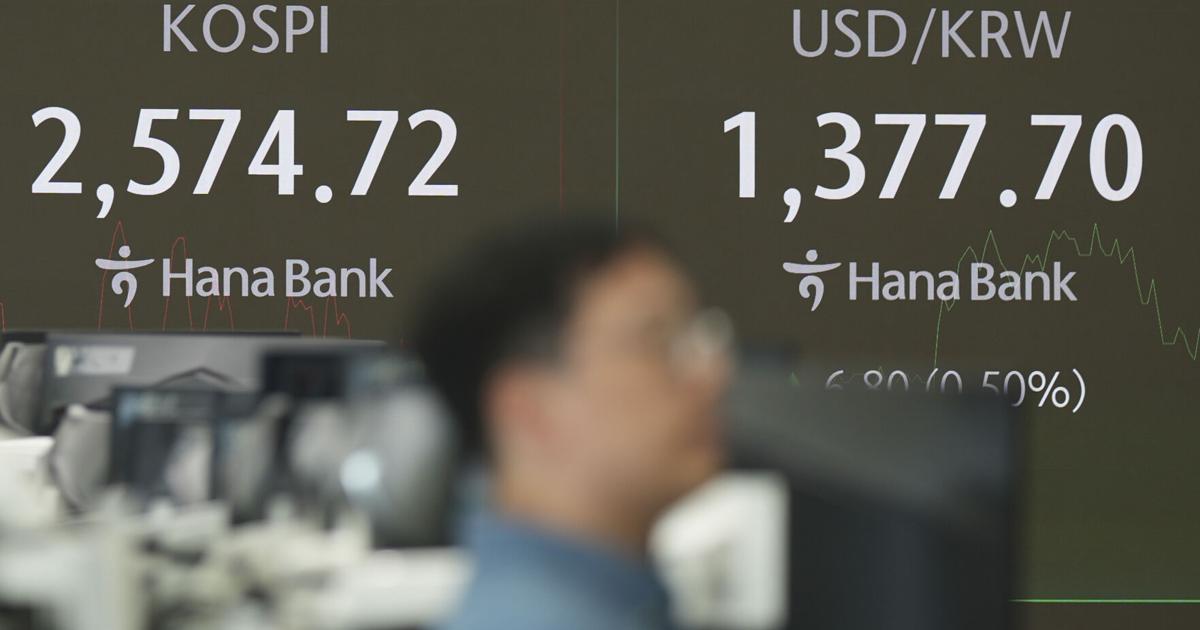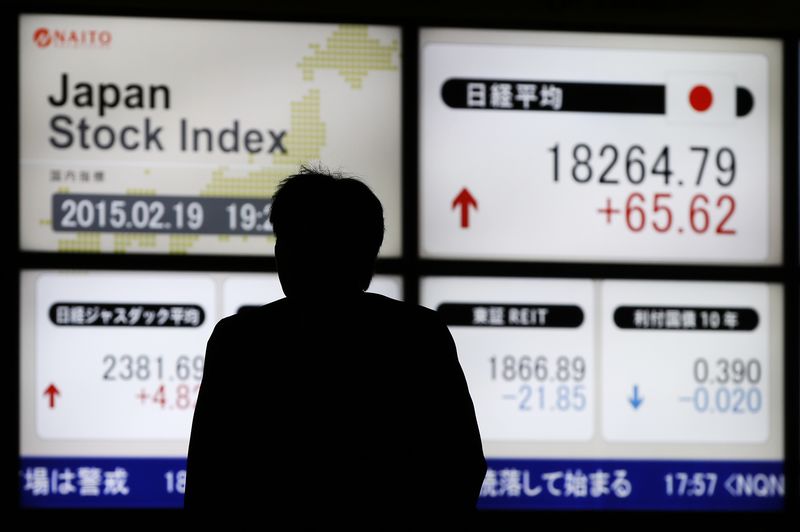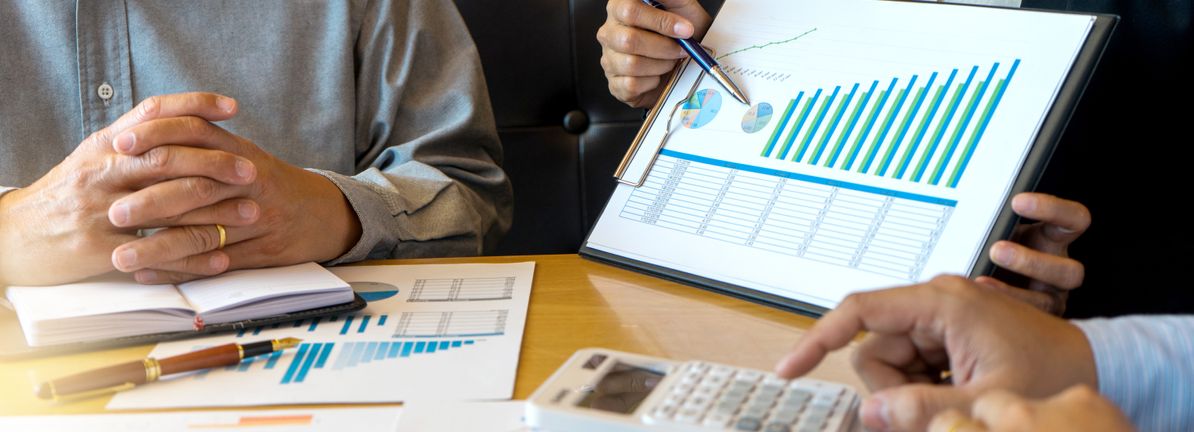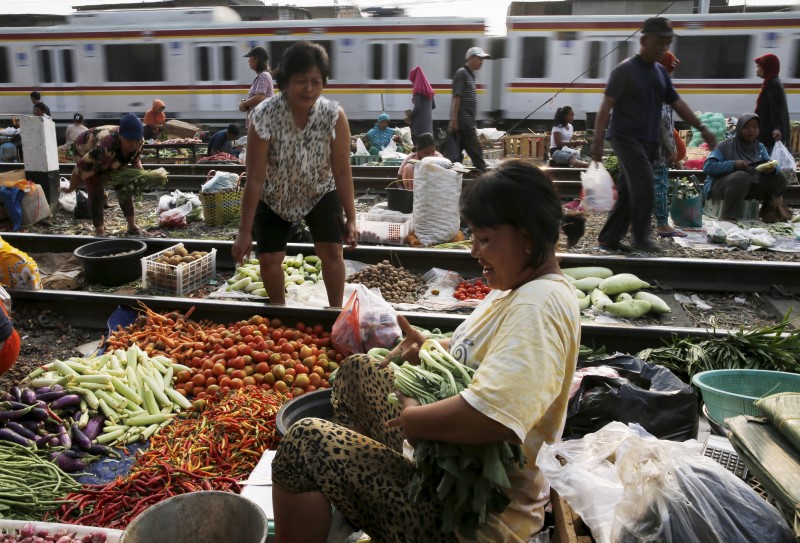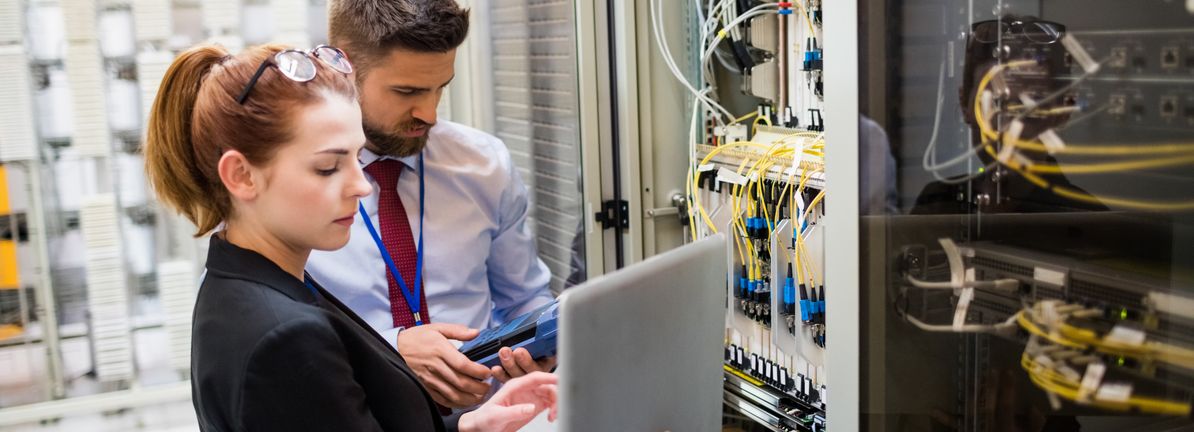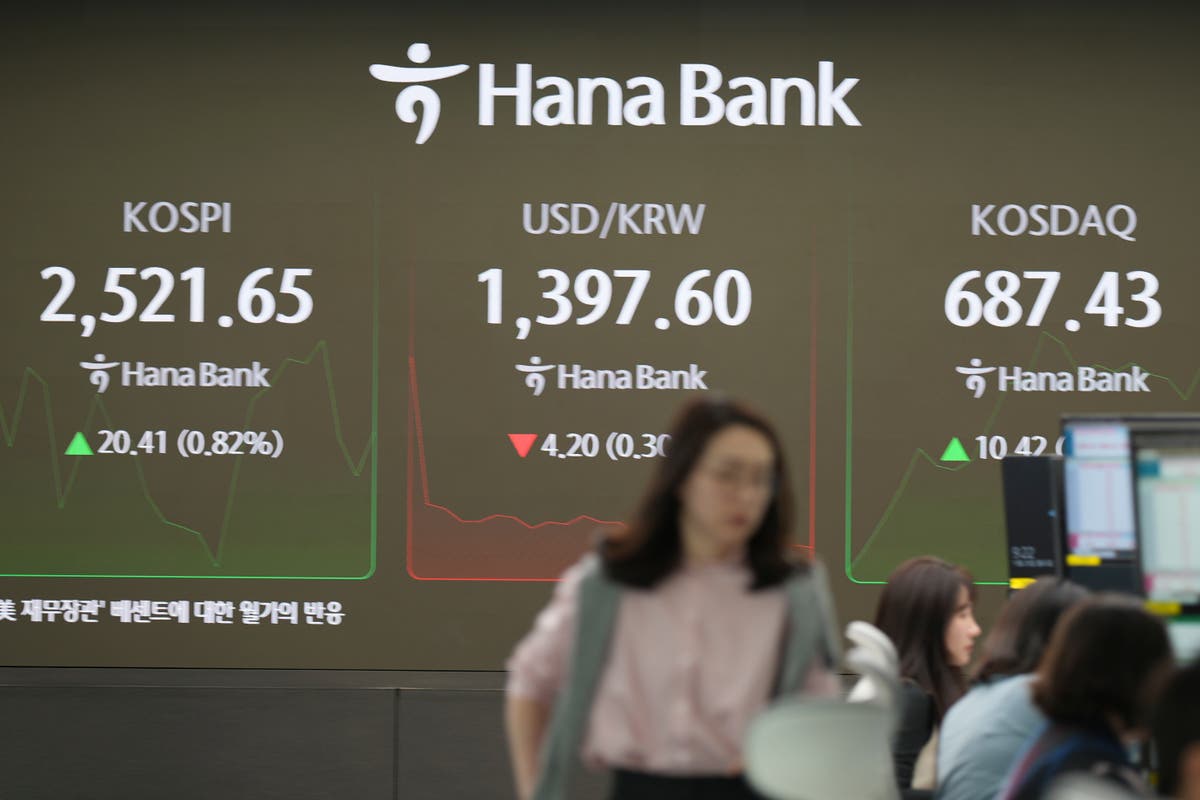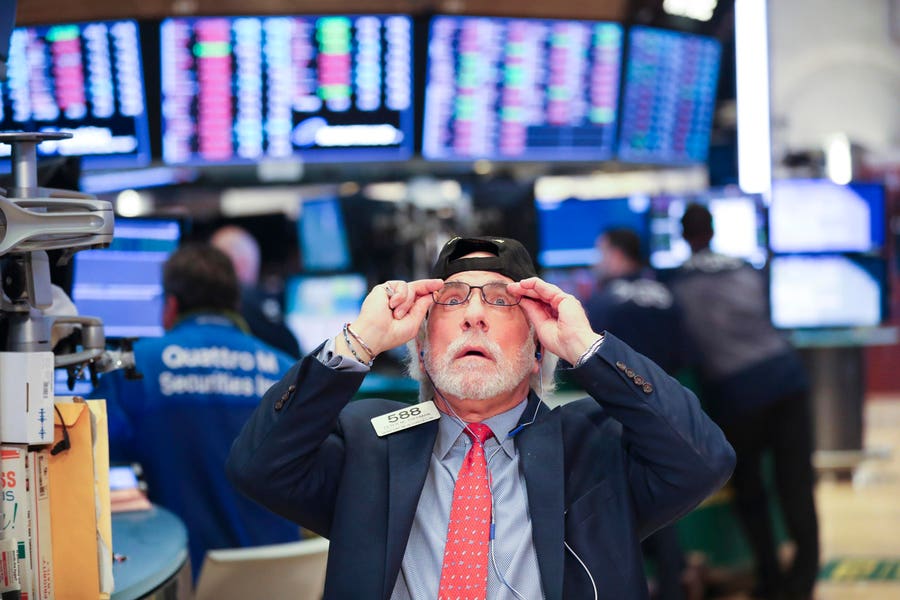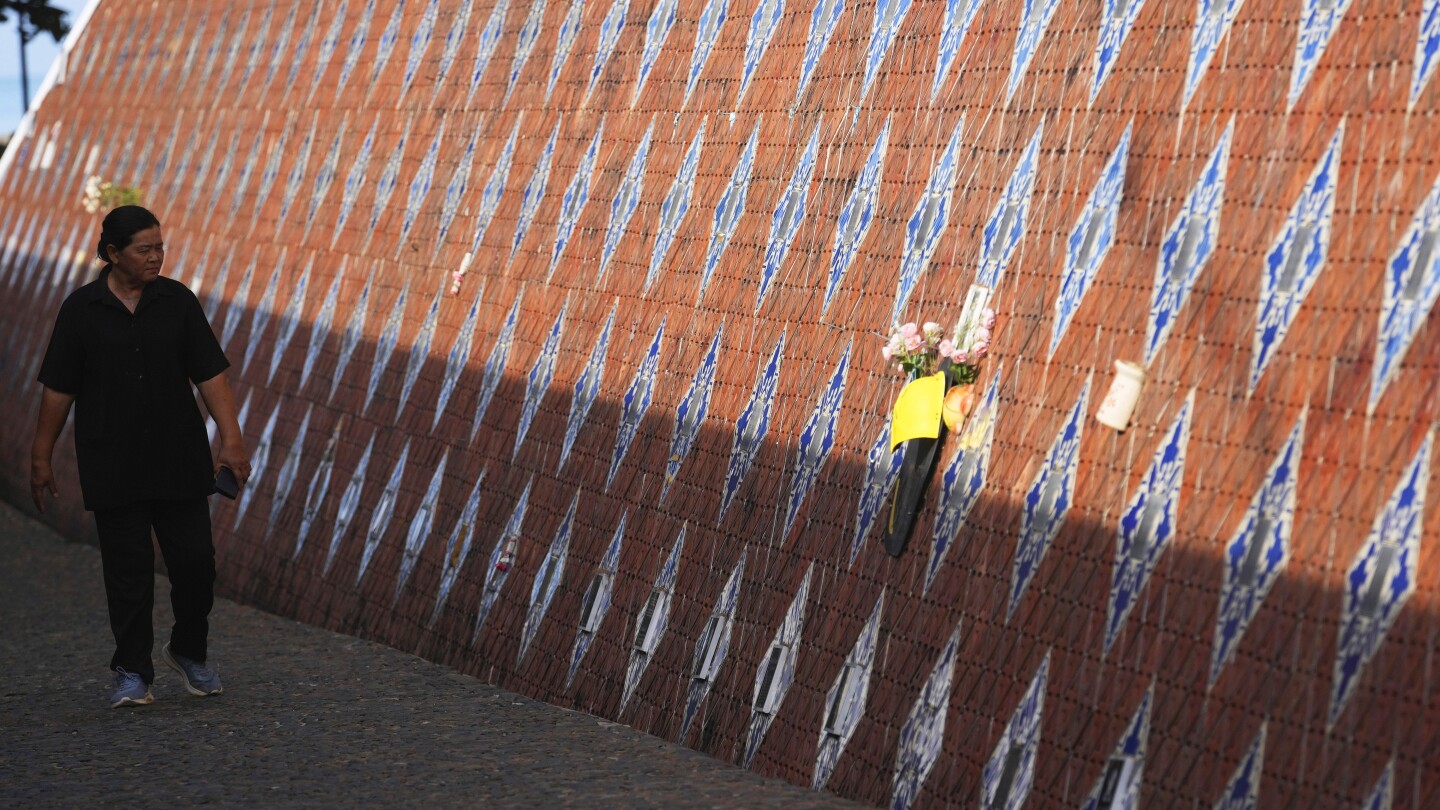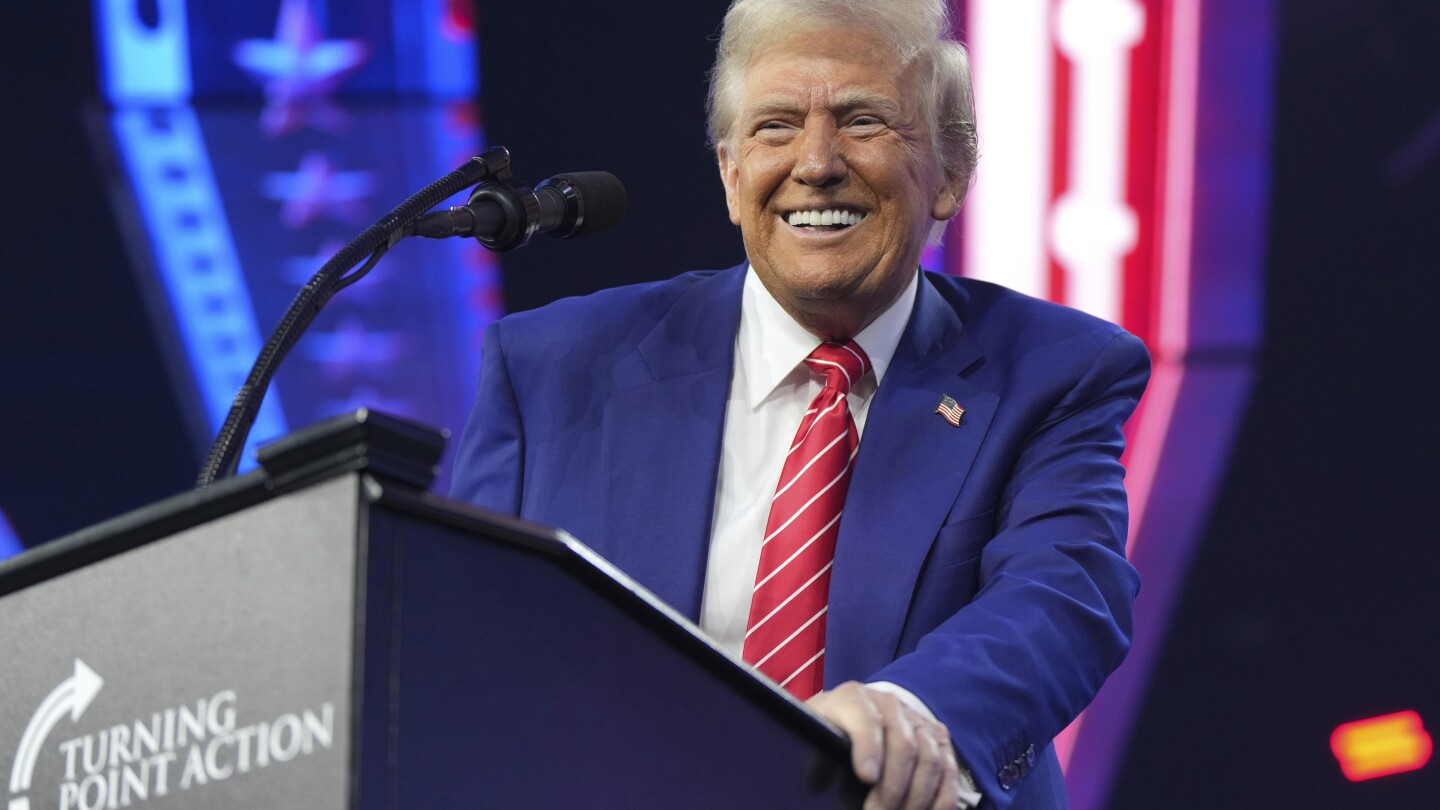Wall Street pointed toward gains early Tuesday as investors awaited the outcome of the U.S. presidential election and other potentially market-rattling events this week.
Futures for the S&P 500 and the Dow Jones Industrial Average each rose 0.2% before the bell.
This week brings various potential flashpoints, among them Election Day in the United States. But the results may not be known for days, weeks or months as officials count all the votes, and the uncertainty could roil markets.
Adding to the potential for volatility, the Federal Reserve will also be meeting on interest rates later this week. The widespread expectation is for it to cut its main interest rate for a second straight time.
The hope that’s propelled U.S. stock indexes to records recently is that the U.S. economy can remain resilient and avoid a long-feared recession, in part because of the coming cuts to rates expected from the Fed.
Boeing shares rose close to 2% overnight after striking factory workers voted to accept the aerospace giant’s latest contract offer after more than seven weeks. The contract’s ratification on the eve of Election Day clears the way for the aerospace giant to restart Pacific Northwest assembly lines that the walkout idled for 53 days and resume production of its bestselling airliner.
Software maker Palantir climbed 13.7% in premarket after the company beat third-quarter sales and profit forecasts on what CEO Alexander Karp called “unrelenting demand for AI that won’t slow down.”
Dollar Tree rose 4% after the discount retailer said it was looking for a new CEO after Rick Dreiling stepped down due what the company says are health challenges. Chief Operating Officer Michael Creedon Jr. will be interim CEO. Dollar Tree also reaffirmed its third-quarter guidance.
The broader U.S. stock market has historically risen regardless of which party wins the White House. And in 2020, U.S. stocks climbed immediately after Election Day and kept going even after former President Donald Trump refused to concede and challenged the results. That rally took place amid excitement about the potential for a vaccine for COVID-19, which had crippled the global economy.
In European trading at midday, Germany’s DAX edged 0.1% higher, while the CAC 40 in Paris and the FTSE 100 London were both essentially unchanged.
Share prices surged on Chinese markets as investors anticipated moves by Beijing to boost the world’s second-largest economy during a meeting of the Standing Committee of China’s National People’s Congress.
Hong Kong’s Hang Seng jumped 2.1% to 21,006.97, while the Shanghai Composite index surged 2.3% to 3,386.99.
Officials are expected to endorse major spending initiatives to boost economic growth amid troubles for the country’s real-estate industry.
The official Xinhua News Agency reported that the lawmakers had reviewed legislation to raise ceilings on local government debt to replace existing hidden debts, part of a plan announced earlier to arrange debt swaps to help resolve the financial woes brought on by the pandemic and by a collapse in the property market in recent years. So far, no specific amount of funding for such efforts has been announced.
Elsewhere in Asia, Japan’s Nikkei 225 index gained 1.1% to 38,474.90, reopening after a holiday on Monday.
South Korea’s Kospi fell 0.4% to 2,576,88 after the country’s military said North Korea launched multiple short-range ballistic missiles toward its eastern sea, continuing its weapons demonstrations ahead of the U.S. presidential election.
The S&P/ASX 200 in Australia dropped 0.4% to 8,131.80 as the central bank kept its benchmark interest rate unchanged.
In the oil market early Tuesday, the price for a barrel of U.S. crude gained 29 cents to $71.76. On Monday, it rose 2.8% after Saudi Arabia and other oil producers said they would delay plans to increase the amount of crude they produced.
Brent crude, the international standard, advanced 31 cents to $75.39 per barrel. It rose 2.7% on Monday. The price of Brent is still down for the year so far, in part because of worries about how much demand will come from China given its economic challenges.
The dollar rose to 152.18 Japanese yen from 152.10 yen. The euro climbed to $1.0902 from $1.0880.
Copyright 2024 The Associated Press. All rights reserved. This material may not be published, broadcast, rewritten or redistributed without permission.

